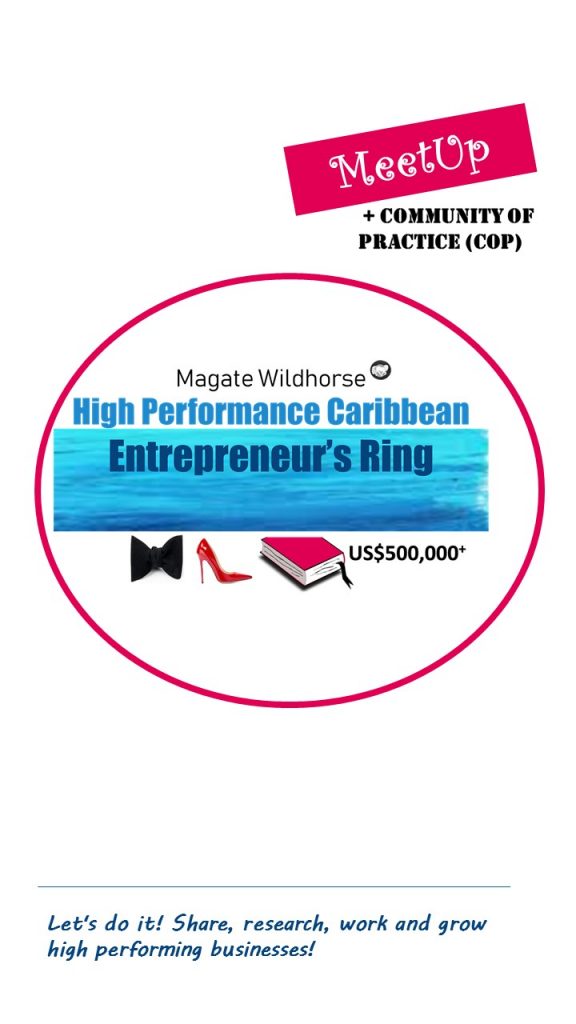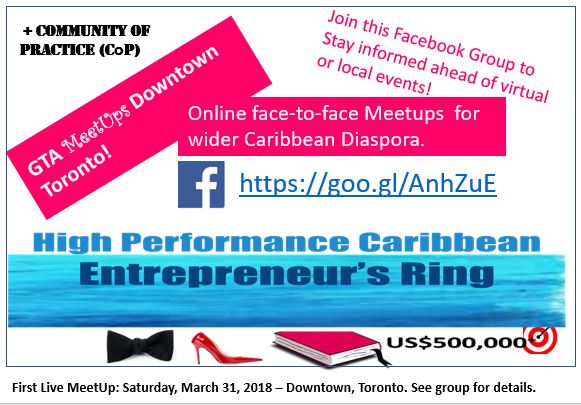
Credit: TCI Network
Source: https://www.tci2018.org
By Meegan Scott
Toronto, October 21, 2018 ― The 21st ‘TCI Network Global Conference’, the “leading global clusters event for government, business, and academic leaders” was held in Toronto October 16-18.
Event host, The Institute for Competitiveness & Prosperity (ICP), and presenting organization, The Competitiveness Institute Network (TCI), made Toronto and Canada proud by delivering on the promise to explore thoughts, perspectives, best practices, and facilitate new connections in relation to clusters as vehicles for economic development and inclusive prosperity.
“Clusters are geographic concentrations of industries related by knowledge, skills, input, demand, and or other linkages” (The Journal of Economic Geography). Through co-location, shared learning, synergies, partnerships, and access to shared resources, clusters are designed to drive productivity, innovation, the formation of new businesses, and job creation.
However, the meeting of minds between, industry, academia, economics, and the social sector concluded with a challenge to the definition of clusters and their roles. At the heart of the debate was the question of “what constitute a cluster in terms of― business mix and geographic location”. And even more controversial was the debate surrounding whether “inclusiveness” should be a priority focus or an outcome for clusters. According to Margaret Campbell of the ICP, that institution has “advocated for the development of strong clusters in the province of Ontario as a medium through which to accelerate closing the prosperity gap between the province and its peer jurisdictions”.
That vision includes linking human capital and small businesses in inner city communities to more lucrative industry clusters. But the traditional role of clusters was to seed and accelerate the growth of ambitious companies destined to win. Finding the middle ground between supporting born to win and finding the ambitious but weak and helping them to win was a challenge for the major stakeholders and leaders of the cluster sector.
Ifor Ffowcs-Williams led a powerful workshop on “Clusters and internationalization”, a session attended by Indera Sagewan of Trinidad and Tobago, the only Caribbean delegate in attendance at the event. Latin America and Europe, as well as global leaders in clustering were well represented among the 37 countries and 340 delegates in attendance. The Caribbean missed out on an opportunity that delivered 11 Greater Toronto area, cluster immersion experiences, and global matchmaking sessions with more than 70 participants.
For Indera the biggest take-away came from Conference Keynote Roger Martin, (Director of the Martin Prosperity Institute and the Michael Lee-Chin Family Institute for Corporate Citizenship at the Rotman School of Management, and #1 Management thinker according to Thinkers50). Her take-away― “Corporate Strategy is about choice: making the best choice.” Mr. Martin shared an example of good and bad strategy “If the opposite of your strategy is stupid on its face it is not a good strategy―examples: a strategy aims at “maximizing customer strategy” the opposite would be “minimizing customer strategy” which is stupid. He further pointed out that “the only thing important in strategy is what you do, not what you say”.
One of the inclusiveness strategies presented had to do with bringing businesses from one country eco-system to strengthen them for driving growth in addition, to sending businesses to the source eco-system. Given, expected volatility and limited capacity of businesses (large and small) to bear the risks that is expected with advances in the adoption of Artificial Intelligence and robotics much of the global community is looking to clusters for additional capacity and for absorbing shock. The CARICOM Caribbean would be wise to partner with Latin America, Europe, and Canada for accelerating its current cluster development process.
“Absolutely yes!”, was Indera’s response to the suggestion above, she feels “cluster collaboration” was a missing link when comes to the CARICOM Caribbean and opportunities for accelerating business growth, competitiveness, and internationalization.
She noted that the term cluster is used loosely and incorrectly even among regional institutions with a mandate to promote business competitiveness”. According to Indera, there is a need to “conduct cluster mapping exercises to identify those that are ready for expansion and growth”. She believes the mapping should not be a purely top down process, but should include “bottom up involvement for identifying value chains, key players, institutional support and markets― so that gaps can be filled for driving growth”.
Indera, hopes to see policy level actions for cluster development as public and private partnerships, and incentive driven cluster development instead of fragmented development, driven by private sector entities”.
Finally, Ms. Sagewan is of the view that there is a need to develop regional clusters and supporting strategies for maximizing return to the Region. She believes “if economic development clusters are to drive growth and development in the region, there must be country specializations, competition, and collaboration among countries”.
Delegates at the conference were delighted to make the unexpected connections they did, as well as the possibilities for partnerships and collaborations they made, whether they attended the matchmaking events or not. There were plenty of opportunities for interaction and opening the conversation for future collaboration.

Photo Credit: Jenna Muirhead
Source: https://www.tci2018.org
Delegates from Latin America were expecting more opportunities to experience the workings and impacts of Industrial clusters in Canada, an area in which Canada is behind. Canada past the flag to Belgium who will host next year’s Conference in Flanders.
About the author: Meegan Scott, B.Sc. Hons, MBA, ATM-B, CL, PMP., is Jamaica-born Strategic Management Consultant, at Magate Wildhorse Ltd in Toronto. This is a syndicated article.











